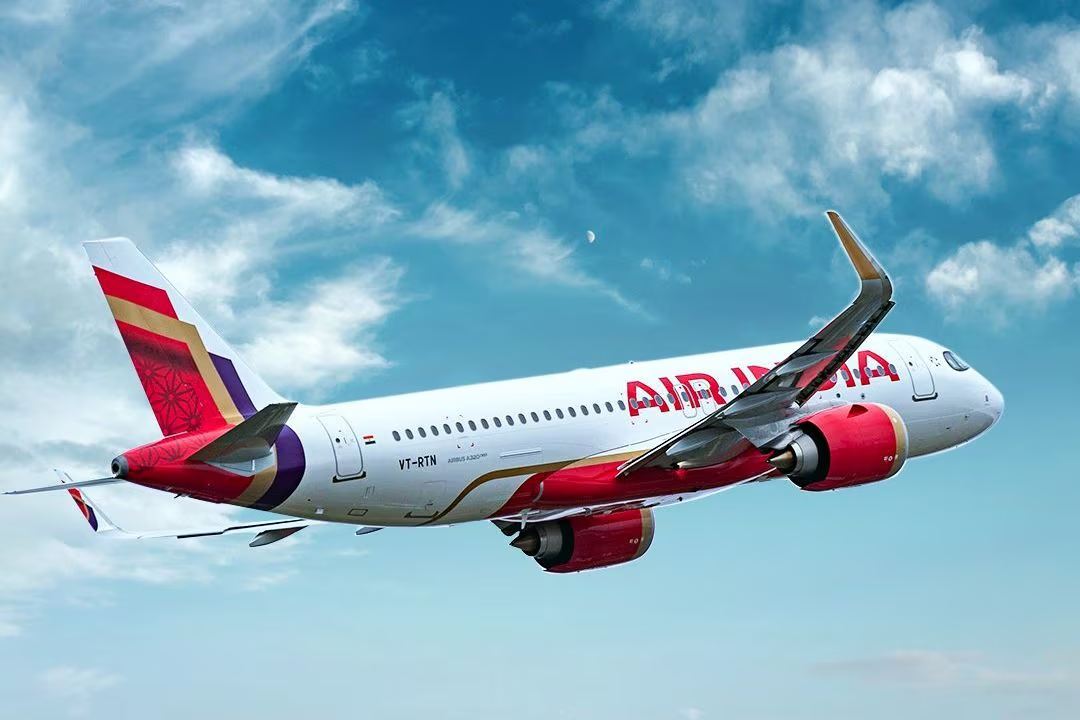Air India Ltd., owned by the Tata Group, is in talks with Boeing Co. to acquire planes that were initially intended for Chinese airlines but were left without buyers due to escalating U.S.-China trade tensions. This move comes as the airline looks to quickly expand its fleet and further its revival plans. The aircraft in question were rejected after reciprocal tariffs were imposed between the U.S. and China, thwarting the original delivery arrangements.
Past Success with Deferred Deliveries
The airline has previously benefitted from similar situations. Air India took delivery of 41 Boeing 737 Max jets that were originally intended for Chinese carriers but had been delayed due to the grounding of the aircraft in 2019. With the U.S.-China tariff war reshaping the market, Air India hopes to take advantage of newly freed-up aircraft to continue its fleet expansion.
Challenges with Aircraft Customization
One challenge with acquiring these aircraft is that many of them have already been partially customized for Chinese airlines, with cabin configurations likely tailored to the original customers. This could complicate Air India’s efforts to modify the planes to fit its own needs. Additionally, some jets may still be under contract with Chinese airlines, further complicating the transfer process.
Boeing Faces Growing Competition from Airbus
The ongoing friction between the U.S. and China has resulted in European rival Airbus gaining ground in the Chinese market. As Beijing continues to limit Boeing’s access to one of the world’s largest aircraft markets, the U.S. plane maker could see its dominance in Asia further diminished, especially if geopolitical tensions continue to escalate.
Air India Targets 737 Max Jets for Low-Cost Subsidiary
Air India is particularly interested in acquiring additional 737 Max aircraft for its budget subsidiary, Air India Express. The airline aims to challenge IndiGo, India’s leading carrier, which has seen significant success in the low-cost segment. Air India had initially expected to receive nine more 737 jets by June, bringing its total to 50, but the current stock of deferred aircraft is expected to run out soon.
Challenges to Growth Amid Fleet Retrofit and Upgrades
Despite the potential windfall from acquiring Boeing jets, Air India’s growth faces other hurdles. The airline is currently undergoing a fleet retrofit program that will temporarily ground some aircraft, and plans to phase out older Airbus models could further limit its capacity. Additionally, with competition from IndiGo, Air India is attempting to attract customers with lower fares, though outdated cabin designs and delayed upgrades continue to be challenges.
Strategic Opportunity Amid Trade War Dynamics
As the U.S.-China tariff war continues to reshape the aviation landscape, Air India has the opportunity to secure aircraft that were previously bound for Chinese airlines. However, the airline must act quickly, as other carriers, including Malaysia Aviation Group, are also eyeing the now-available Boeing jets.






